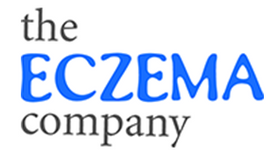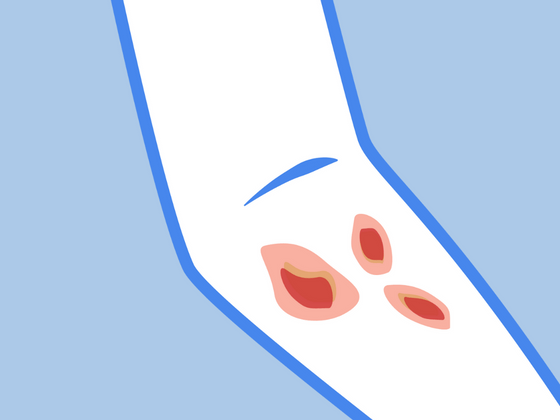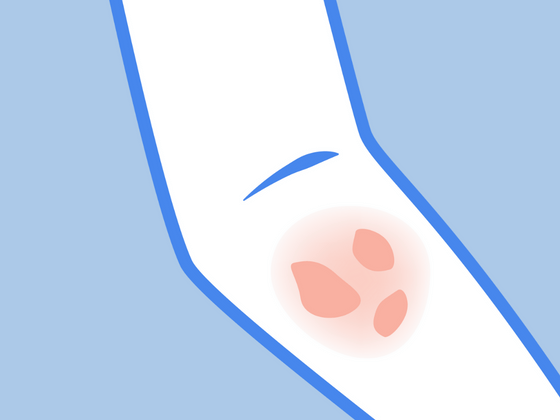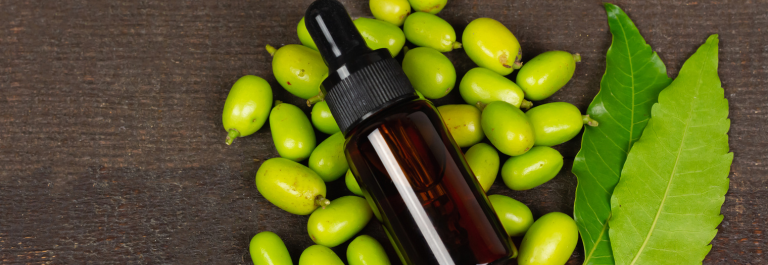It's no secret that many people with eczema also develop food allergies, particularly during childhood.
But why are eczema and food allergies linked, and how do you protect yourself and your loved ones from worsening symptoms? If these questions sound familiar, we've got you covered! Throughout this post, we'll explore everything you need to know about:
-
The eczema-food allergy link
-
The main symptoms of food allergies and common food allergens
-
How to treat eczema flares driven by allergies
Keep reading to learn more about how your diet might impact your skin's overall health and discovering how to prevent and soothe itchy eczema flares.
Why Are People With Eczema At Risk of Developing Food Allergies?
Eczema is a chronic, inflammatory skin condition characterized by dry, scaly patches of itchy skin. There are many forms of eczema, with some of the most common varieties including atopic dermatitis, contact dermatitis, and seborrheic dermatitis.
Atopic March
Due to the 'Atopic March,' scientists have discovered that people with eczema are more likely to develop a food allergy, hay fever, and asthma. But why is this?
Well, eczema is partially caused by an imbalance of skin bacteria, which weakens the overall skin barrier, leaving your skin cells more prone to moisture loss and hypersensitive to environmental triggers.
As a result, when certain foods are eaten or inhaled, this triggers an exaggerated immune system reaction. Your bloodstream is flooded with histamine and other defensive chemicals, causing allergic reaction symptoms.
Food Allergy Symptoms
If you're allergic to certain food types, your immune system may trigger any of the following defensive reactions:
-
Eczema flare-ups, including itchy, dry, and inflamed skin patches
-
Abdominal pain, vomiting, and diarrhea
-
Wheezing and coughing
-
Anaphylaxis is a severe allergic reaction that can be life-threatening
What Are The Most Common Food Allergens?
While allergic sensitivities will differ from person to person, some of the most common food allergen culprits include:
-
Eggs
-
Cow's milk and other dairy products
-
Soy
-
Wheat
-
Peanuts and tree nuts
-
Shellfish
Food Allergies Vs. Food Sensitivities: What's The Difference?
Unlike food allergies, which may affect multiple body parts (for example, the digestive and respiratory systems), food sensitivities and food intolerance (such as celiac disease) tend to occur in the intestines as the body struggles to digest a particular food.
This typically leads to a range of uncomfortable gastrointestinal symptoms, such as:
-
Vomiting
-
Diarrhea
-
Gas and stomach cramps
How To Treat An Eczema Food Allergy Rash
If your eczema and food allergies seem linked, don't fret! Thankfully, there are many things you can do to help soothe the symptoms of an allergic reaction from the inside out.
Dietary Supplements
Taking supplements such as probiotics can help boost your healthy gut microflora, lessening the impact of food sensitivity and intolerance.
Try an Anti Inflammatory Diet
Eczema symptoms tend to be driven by the immune system's inflammatory response.
Due to this, it can be helpful to reduce your consumption of inflammatory foods (anything containing high levels of saturated fat) and to boost your consumption of anti-inflammatory foods, such as fatty fish like salmon and herring.
Find A Soothing Moisturizer
One of the best ways to combat even the most severe eczema symptoms is to find a rich, nourishing moisturizer to help repair your skin barrier.
This Organic Calendula Salve contains vitamins, antioxidants, essential fatty acids, plant compounds, and natural enzymes to restore your skin to maximum health. This calendula balm also works wonders on dry, cracked, or sensitive skin, as well as eczema and psoriasis.
Generously apply to your skin immediately after your bath or shower for an extra hydration boost.
Wear Hypoallergenic Clothing
To avoid making your eczema and food allergy symptoms even worse, we'd recommend wearing soft, gentle clothing made from hypoallergenic fabrics. This is especially important at nighttime when itching can disrupt sleep.
One safe option for your little ones is the Eczema Sleepsuit for Kids with Scratch Mitts and Footies, made from 100% organic cotton. It provides complete coverage and skin protection from scratching for sensitive skin during eczema flare-ups, allowing atopic dermatitis to heal.
We'd recommend the Adult Pajamas Pant for Eczema and Closed Eczema Mittens for Adults. Again, these garments are both made from 100% organic cotton, which is breathable, gentle on rough or dry skin patches, and hypoallergenic for sensitive skin.
When Is It Time To See a Doctor?
Suppose you suspect you or a loved one might have a food allergy. In that case, it is essential to consult a healthcare professional for expert advice, particularly if your eczema symptoms are not improving with home treatment.
To try and get a handle on your eczema flare-ups, try keeping a food diary to help you track which food types are triggering an allergic reaction. This being said, speak to a doctor before cutting out specific food groups as part of an elimination diet.
Better Manage Your Eczema and Food Allergies Today
Follow these tips to help you take control of your eczema symptoms and food allergies today, boosting your health from the inside out.








